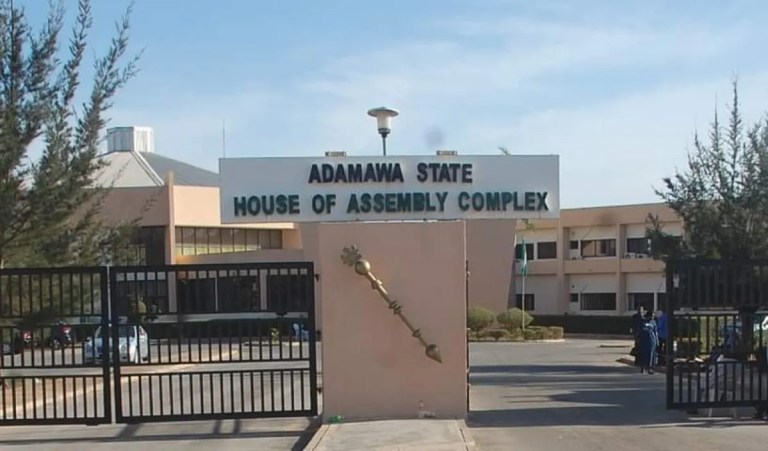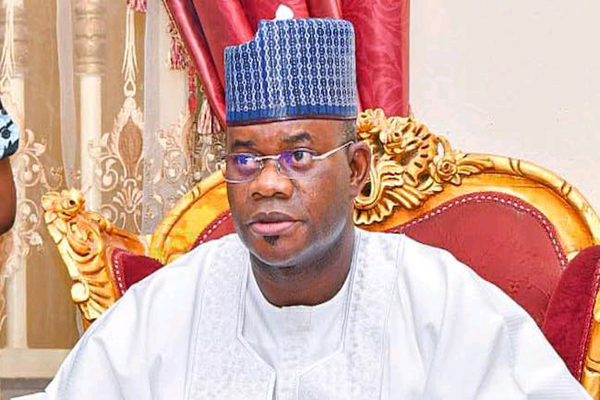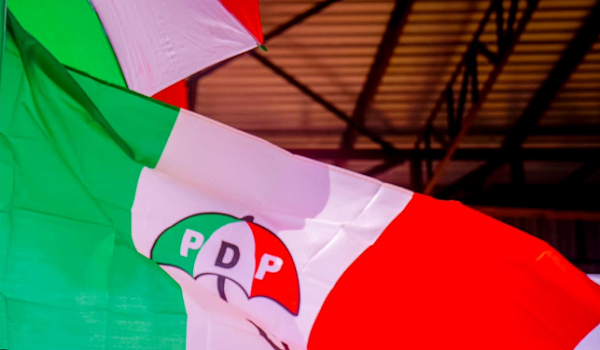Members of the Adamawa State House of Assembly and representatives from the Ministry of Water Resources and Sanitation have raised concerns over the inadequate funding allocated to the Water, Sanitation, and Hygiene (WASH) sector in the state. During the annual budget review for Bauchi, Adamawa, and Gombe States Houses of Assembly Committees on Health, Education, and WASH in Abuja, lawmakers highlighted the critical state of the WASH sector, attributing it to the meager budgetary allocations.
The Commissioner for the Ministry of Budget and Economic Planning, Emmanuel Piridimso, revealed that numerous irrigation systems and treatment plants in Adamawa are non-functional, operating at less than 30% capacity due to funding shortages. This has led to insufficient access to water in many communities, despite budgetary provisions.
Piridimso noted that the International Committee of the Red Cross (ICRC) intervened by repairing some pumps in Yola, significantly improving water accessibility. However, challenges persist, particularly in distribution networks, where unauthorized connections hinder water flow to overhead tanks for proper distribution.
The commissioner highlighted budgetary discrepancies, citing substantial disparities between allocated funds and actual disbursements. For example, in 2022, the Ministry of Water Resources received a budget allocation of 250 million naira, but no funds were released. Similarly, in 2023, out of over 3 billion naira budgeted, only 91 million naira was disbursed.
Shafa Salma, Secretary of the Basic Education Group, emphasized the distressing situation in rural communities, where some villages lack access to clean water and boreholes altogether. Lawmakers urged Governor Ahmadu Umaru Fintiri and his commissioners to prioritize funding for the water and hygiene sector, suggesting the conversion of electricity-powered boreholes to solar-powered ones for affordability and sustainability.
While commending certain assembly members for constituency projects such as solar and hand boreholes, there's a call for sustainable maintenance mechanisms. Nneka Egbuna, a communications specialist, highlighted the role of the State Accountability, Transparency, and Effectiveness (State2State) Activity, funded by the United States Agency for International Development (USAID), which aims to enhance governance transparency and effectiveness for improved service delivery, particularly in the education, health, and WASH sectors.




